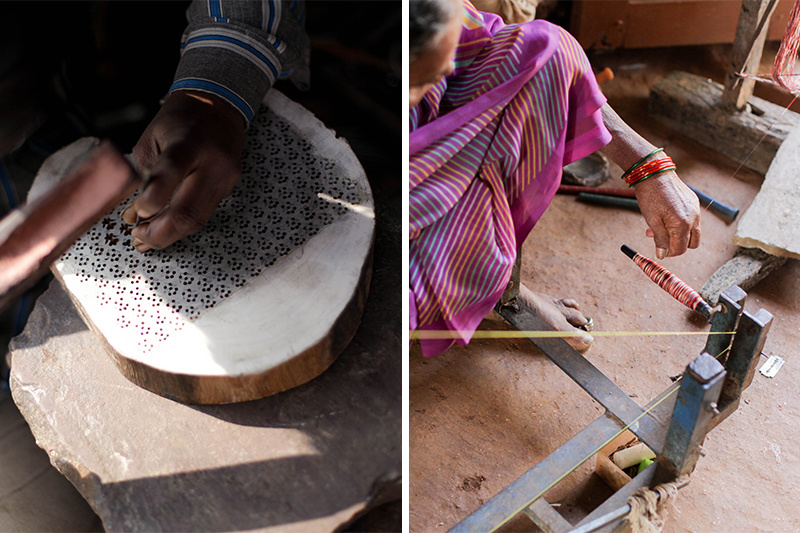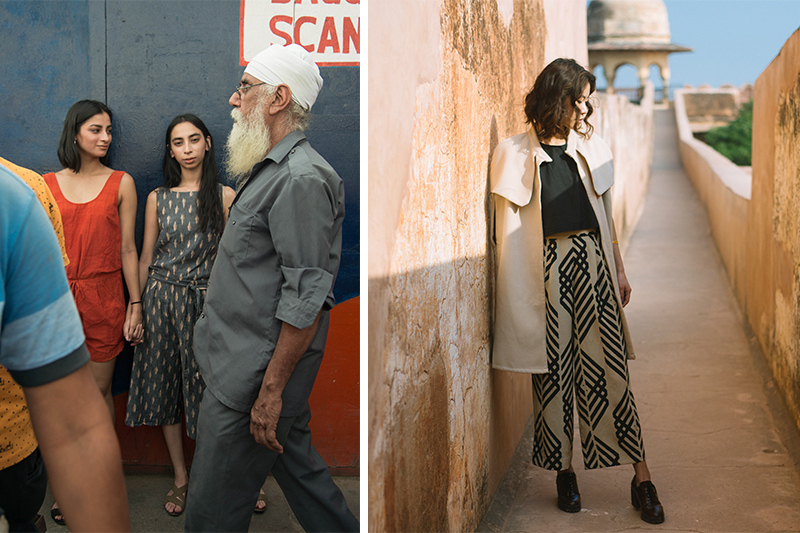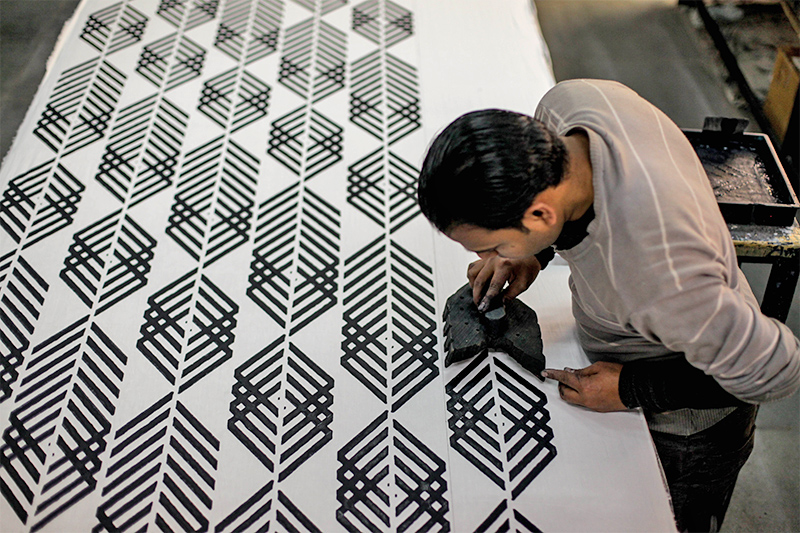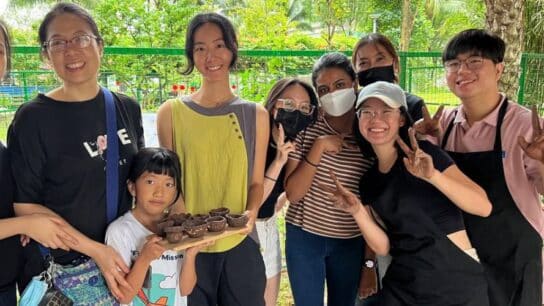Who says fashion can’t be as much about substance as much as it is about style? This Singapore-based startup is putting a new spin on age-old heritage prints and pioneering industry change that benefits both craftsmen and customers.
Co-founded by Yvonne Suner and Renyung Ho, Matter is a small fashion label that’s big on heritage textiles and sustainability. By bringing out the beauty and humanity embedded in the traditional craft to produce pieces aimed at a modern consumer, it’s a brand on a mission to provide an antidote to the urbanised factory approach of modern fashion and save age-old production ecosystems in the process.

Meeting and working together in Mexico circa 2009, Yvonne and Renyung quickly realised that, even though they came from different parts of the world, they shared the same love for textiles, travel and the desire to make a difference. Five years on, the duo entered the crowded fashion market with Matter, their own label based in Singapore that showcases traditional textile techniques as well as the stories of people who made them and the culture they live in.
Matter’s product line-up forgoes seasonal styles for timelessness and innovative fabrics that stay true to everyday comfort. Reinterpreting heritage techniques and prints – think block printing from Jaipur, ikat from Pochampaly, India, batik from Indonesia – the label is as much about making traditional processes viable and sustainable as it is about educating their consumers. “There’s a quote by author Anna Lappé that says, ‘Every time you spend money, you’re casting a vote for the kind of world you want’,” Renyung states. “Every purchase is a demand for brands to keep choosing people, provenance, and process over profit.” And they are purchases that are on the up. Insights reveal that the sustainable fashion segment has been growing at 19% since 2016, with 26% of customers willing now to pay more for sustainable clothes and 67% preferring to buy quality over trends.

Alongside convincing their customers that the way forward is to shop responsibly, Matter is also set on educating the rural communities they work with on how to breathe new life – and commerciality – into their long-held skills. First off, they are connecting these artisans with consumers. And secondly, they’re helping forge industry change at a grassroots level. “All of our artisan partners are generational artisans, meaning we work mostly with those who were taught their skill by generations before them,” says Renyung. “We incorporate elements of digital and mechanical processes where it is more efficient, and handmade processes when we see that they have immeasurable human value,” she furthers. For example, the ikat fabric they use is hand-tied and hand-dyed, but the fabric itself is power-loomed. This results in a denser, more durable weave, eliminating the monotonous weaving process whilst retaining the exceptional skill and experiential knowledge required for tying and dying the patterns.

If Matter’s purpose can be summed up in one word, it is “unity”. Working with small family businesses whose identity and culture revolve around a particular craft means giving artisans complete ownership over what they do. This approach eschews the conventional fashion approach, where a designer tells a factory exactly what she wants made, for a collaborative effort that respects the artisan’s knowledge and experience. Coupled with practices like a minimum wage, fair trade certifications and international accredited labour codes, it’s a no-brainer that Matter, its artisans and supply chain partners, are all on the same page in terms of product integrity, community integration and good business ethics.
Renyung sees the business opportunities in synergy like this as endless. “I see more expansion and greater growth in apparel, homeware and even a hospitality experience,” she declares. Alongside that comes more opportunity to create change and help the communities she is striving to save, with Matter’s future agenda being charged with “Training a new generation of artisans, innovation in traditional artisan processes, and a fund offering loans and grants to help build their businesses.” For her, for Matter’s consumers, and for the artisans they are all buying into, the future lies in saving the past.
Related Articles
Fixing Fast Fashion: Sustainable Sunglasses to Save the Planet




